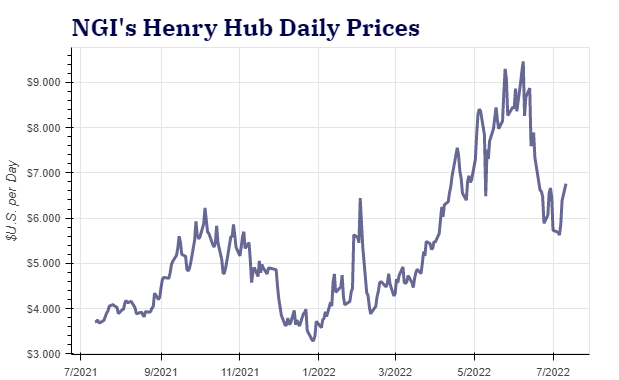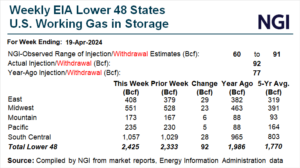LNG | Infrastructure | LNG Insight | NGI All News Access | NGI The Weekly Gas Market Report | Regulatory
Lake Charles LNG Plan Facing Opposition from Industrial Advocates as ‘Line in the Sand’
© 2024 Natural Gas Intelligence. All rights reserved.
ISSN © 1532-1231 | ISSN © 2577-9877 | ISSN © 1532-1266 |



